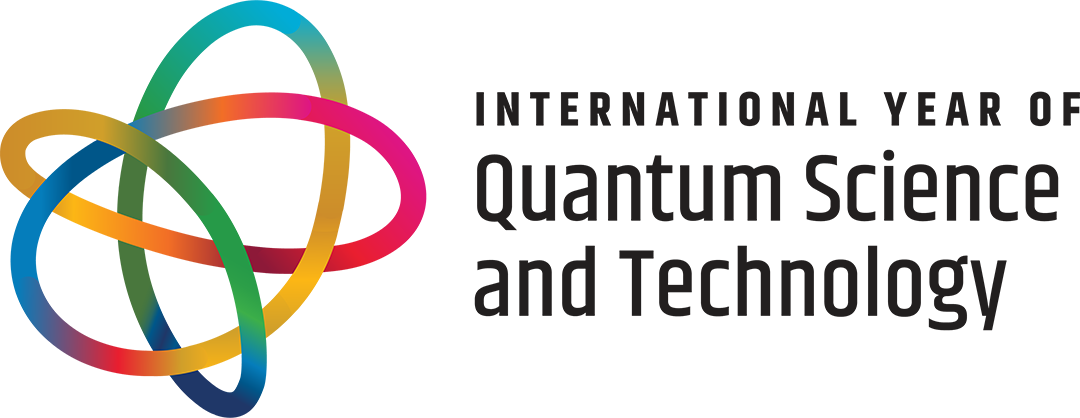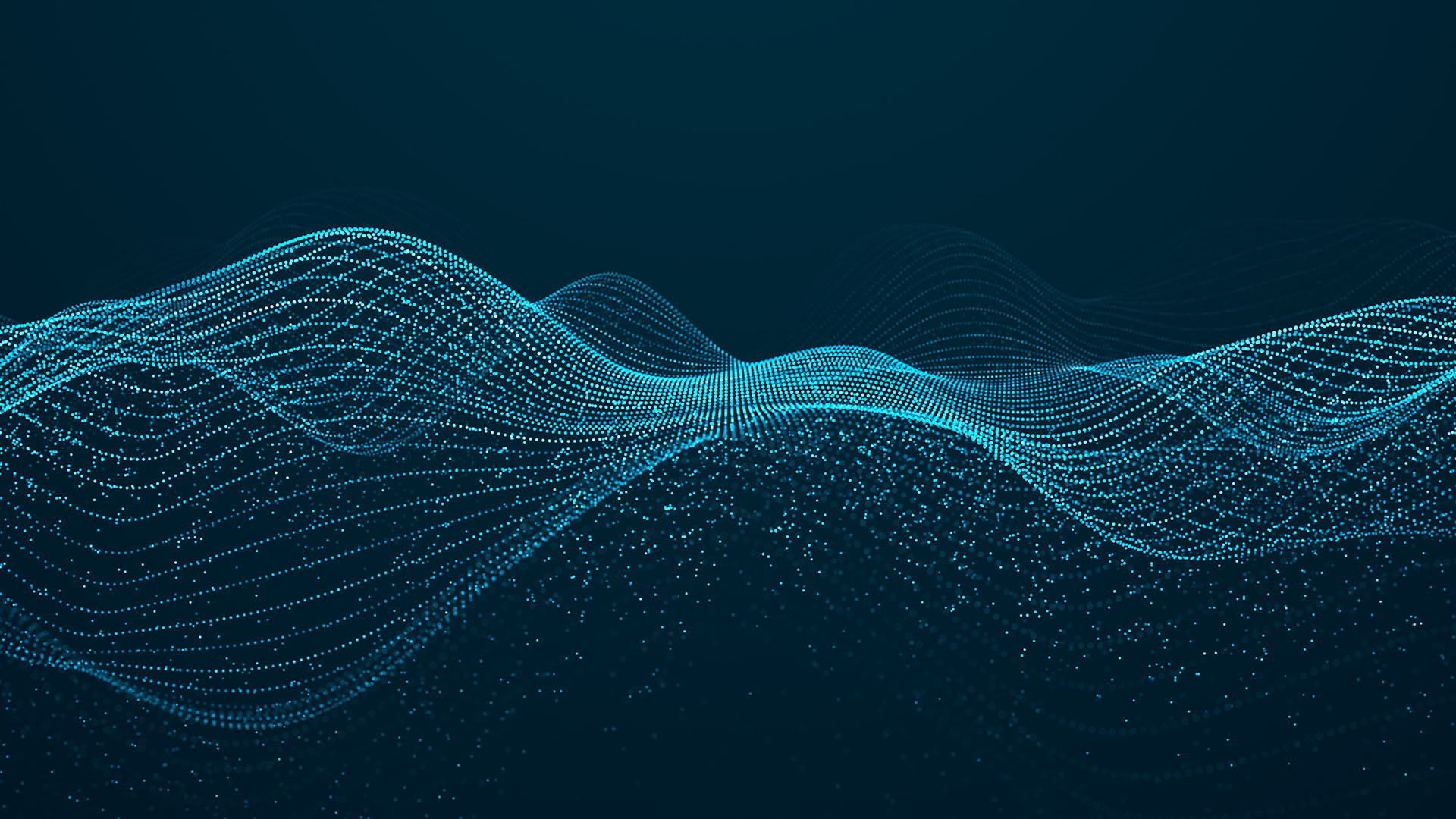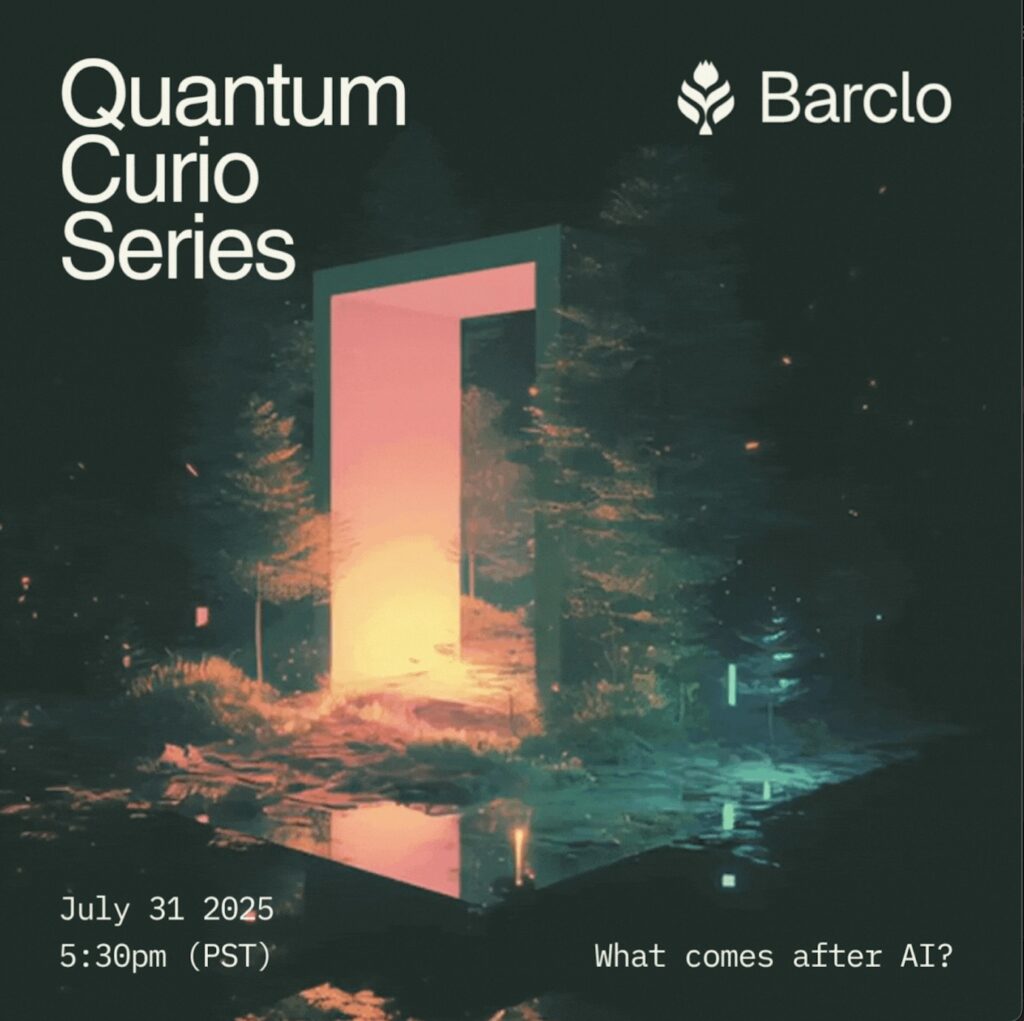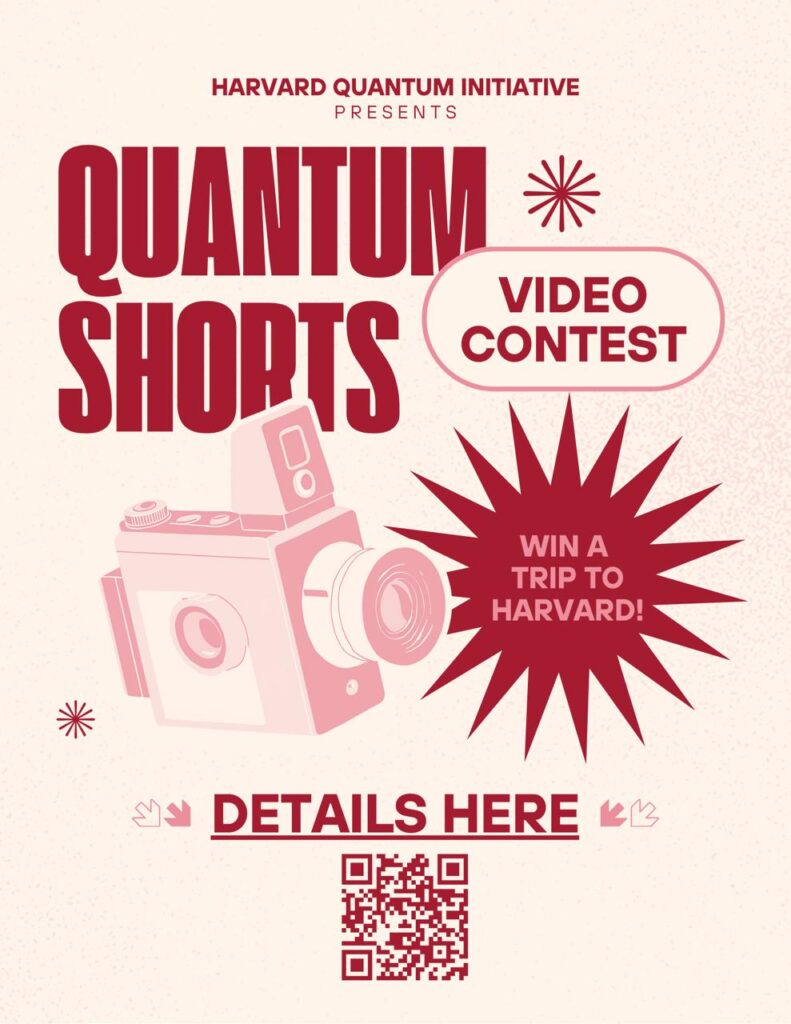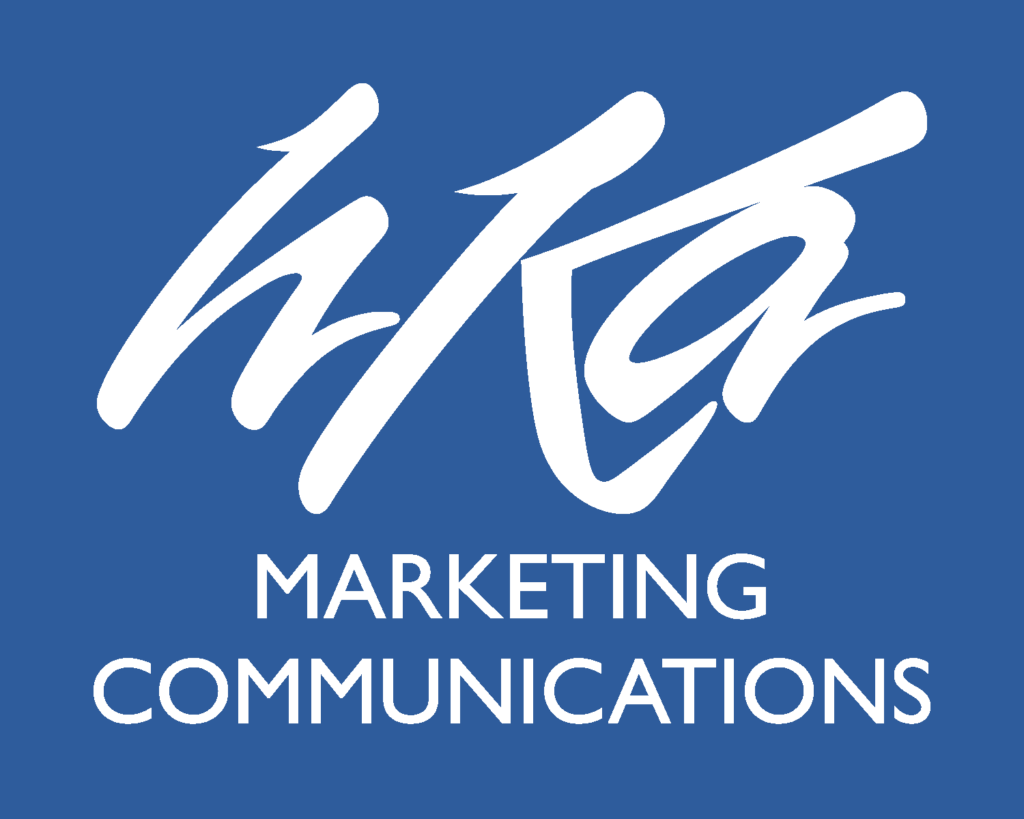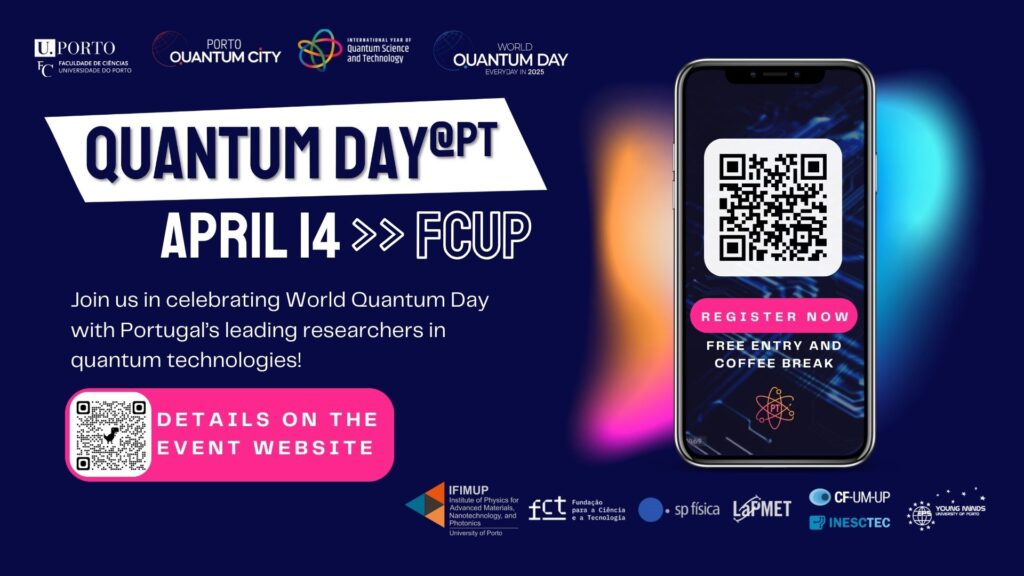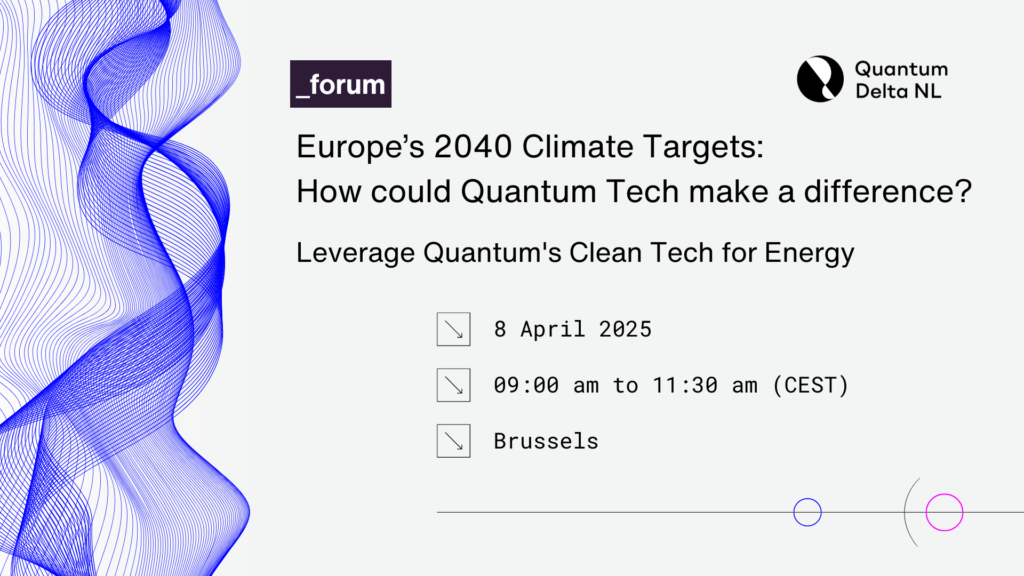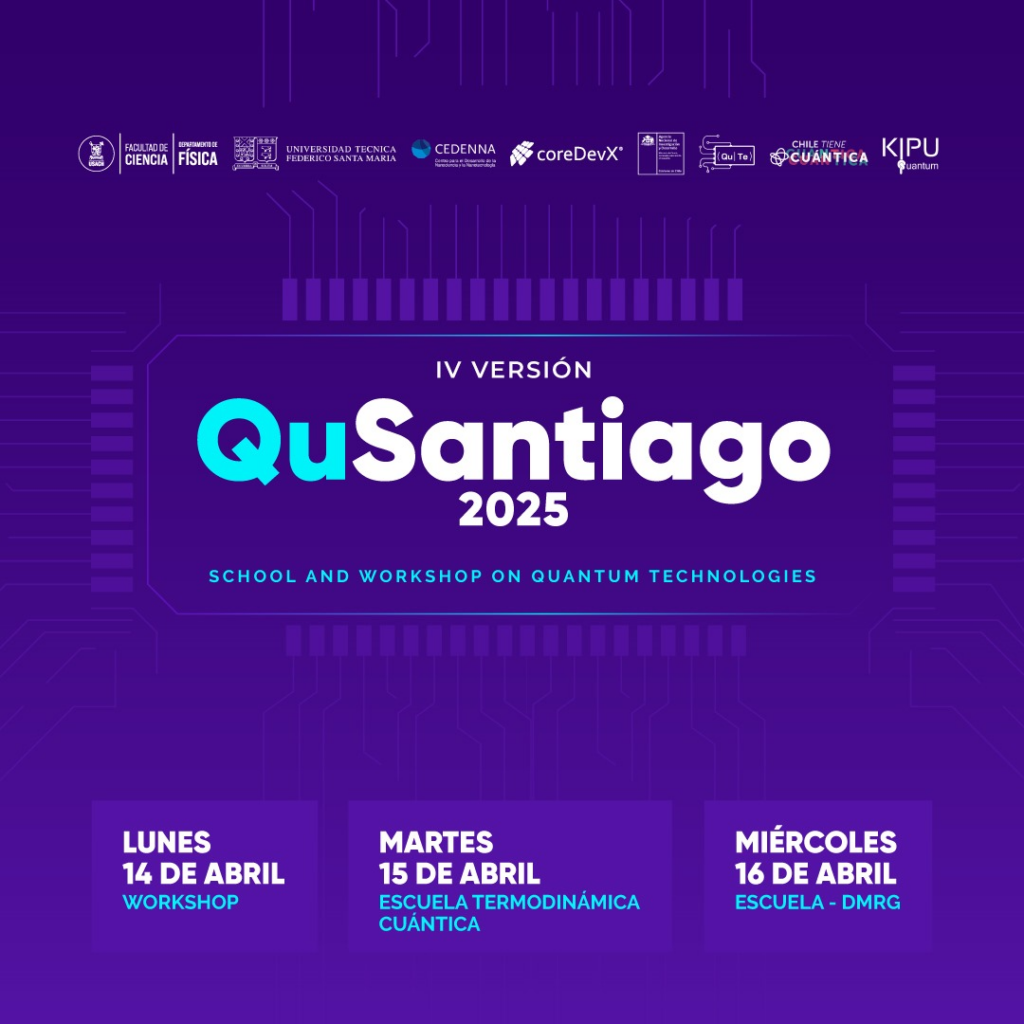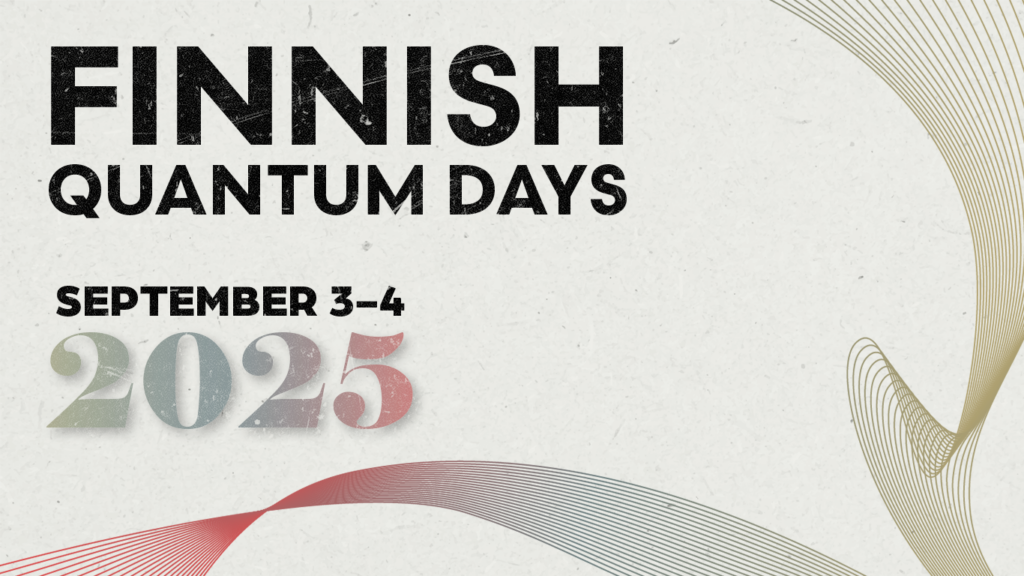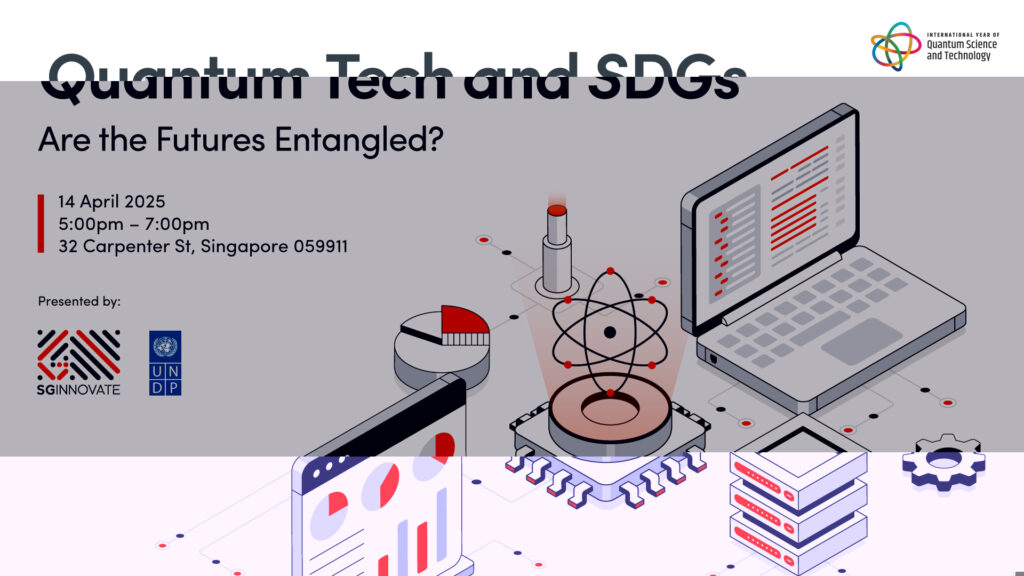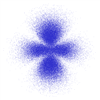In this IYQ year, a blizzard of announcements from quantum tech companies, both tech giants and startups, already has generated unprecedented interest from mainstream media, including top-tier business publications. Competition for media attention has grown, too, making it more important than ever to know how to work successfully to generate legitimate (read: non-hype), impactful media attention.
In any nascent industry, winners are often those committed to communicating their company’s story from its earliest days to its grandest achievements, building a narrative and brand over time that wins the hearts and minds of customers, partners, and investors.
HKA Marketing Communications, the official PR agency for IYQ, is committed to educating quantum tech companies on best practices in public relations most relevant to quantum tech.
The first webinar in our IYQ webinar series will be with Mike Kilroy, HKA EVP and a 30-year veteran of tech PR including the last 6 years at HKA working directly with global quantum tech companies.
Join Mike in a free one-hour Zoom webinar designed to help you understand the rules of media engagement and apply best practices that will contribute to your company’s success now and in the years to come.
The webinar is at 8:00 am PT/ 11:00 am ET

